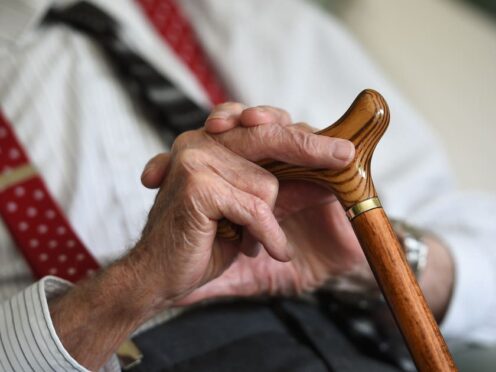A study led by a Stirling University researcher could reduce the risk of social isolation among older people who are experiencing hearing loss.
Psychology lecturer Dr Aysha Motala’s research defines three stages in the descent into social isolation – disengagement, social withdrawal and social isolation.
Those who become socially isolated are more likely to experience cognitive decline and other issues like poor nutrition, alcohol abuse and depression.
More than 65% of people aged over 60 experience some form of hearing loss, according to a World Health Organisation report on hearing from 2021.
Dr Motala said: “Age-related hearing loss is a widespread concern among older adults, affecting their daily lives and social interactions.
“While the association between hearing loss and social isolation is acknowledged, the precise mechanisms and stages involved are not well-defined.
“This work bridges that gap by proposing a comprehensive framework that delineates the progression from hearing difficulties to social withdrawal and eventual isolation, filling a significant knowledge gap in the field.”
She and other researchers suggested a number of interventions to slow the descent to social isolation such as hearing aids and more holistic solutions.
Dr Motala said: “Identifying these distinct stages offers valuable insights for developing targeted interventions.
“It may be useful for family doctors and audiologists who want to mitigate the risk of social isolation for their patients with hearing loss.”
